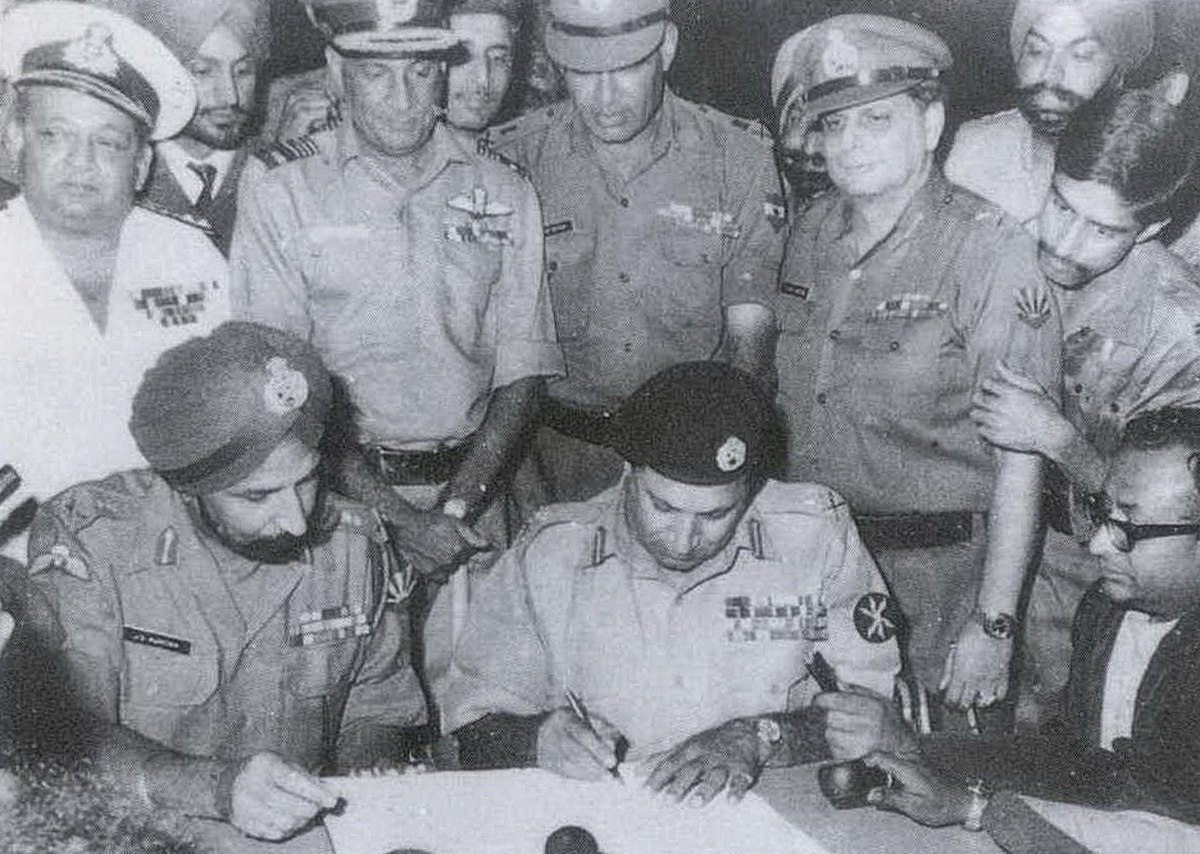
Bangladesh Liberation War
BangladeshThe Bangladesh Liberation War was a revolutionary armed conflict in East Pakistan that led to the creation of Bangladesh. It began on the night of March 25, 1971, with the Pakistani military junta, under Yahya Khan, initiating Operation Searchlight, which started the Bangladesh genocide.
The Mukti Bahini, a guerrilla resistance movement comprising Bengali military, paramilitary, and civilians, responded to the violence by waging a mass guerrilla war against the Pakistani military. This liberation effort saw significant successes in the initial months. The Pakistan Army regained some ground during the monsoon, but the Bengali guerrillas, including operations like Operation Jackpot against the Pakistan Navy and sorties by the nascent Bangladesh Air Force, fought back effectively.
India entered the conflict on December 3, 1971, following preemptive Pakistani air strikes on northern India. The ensuing Indo-Pakistani War was fought on two fronts. With air supremacy in the east and rapid advances by the Allied Forces of Mukti Bahini and the Indian military, Pakistan surrendered in Dhaka on December 16, 1971, marking the largest surrender of armed personnel since World War II.
Throughout East Pakistan, extensive military operations and air strikes were conducted to suppress civil disobedience following the 1970 election stalemate. The Pakistan Army, supported by Islamist militias like the Razakars, Al-Badr, and Al-Shams, committed widespread atrocities, including mass murder, deportation, and genocidal rape against Bengali civilians, intelligentsia, religious minorities, and armed personnel. The capital Dhaka witnessed several massacres, including at Dhaka University. Sectarian violence also erupted between Bengalis and Biharis, leading to an estimated 10 million Bengali refugees fleeing to India and 30 million internally displaced.
The war significantly altered South Asia's geopolitical landscape, with Bangladesh emerging as the world's seventh-most populous country. The conflict was a key event in the Cold War, involving major powers like the United States, the Soviet Union, and China. Bangladesh was recognized as a sovereign nation by the majority of United Nations member states in 1972.
